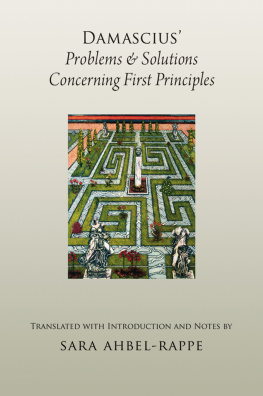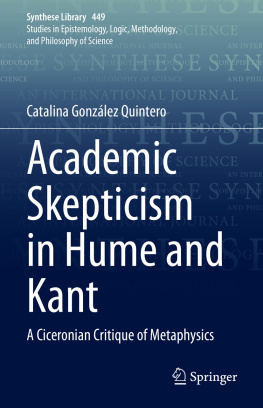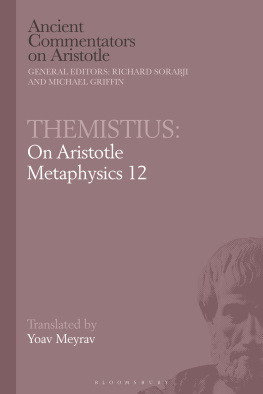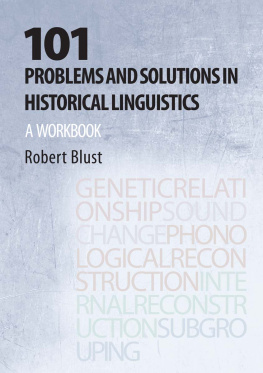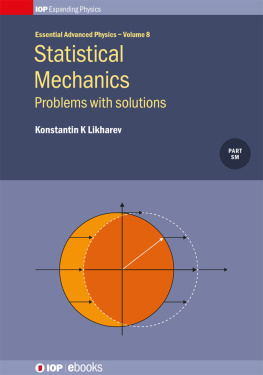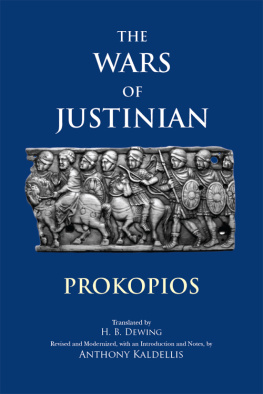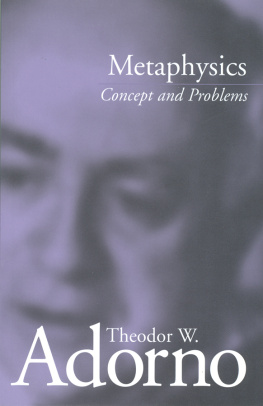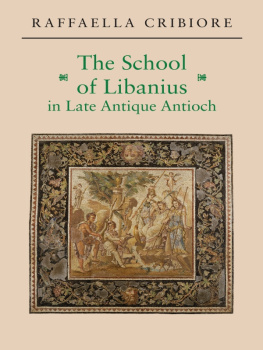Damascius Problems and Solutions Concerning First Principles

RELIGION IN TRANSLATION SERIES
SERIES EDITOR
Mark Csikszentmihalyi, University of Wisconsin-Madison
A Publication Series of The American Academy of Religion and Oxford University Press
THE SABBATH JOURNAL OF JUDITH LOMAX
Edited by Laura Hobgood-Oster
THE ANTICHRIST LEGEND
A Chapter in Jewish and Christian Folklore
Wilhelm Bousset
Translated by A. H. Keane
Introduction by David Frankfurter
LANGUAGE, TRUTH, AND RELIGIOUS BELIEF
Studies in Twentieth-Century Theory and Method in Religion
Edited by Nancy K. Frankenberry and Hans H. Penner
BETWEEN HEGEL AND KIERKEGAARD
Hans L. Martensens Philosophy of Religion
Translations by Curtis L. Thompson and David J. Kangas
Introduction by Curtis L. Thompson
EXPLAINING RELIGION
Criticism and Theory from Bodin to Freud
J. Samuel Preus
DIALECTIC
or, The Art of Doing Philosophy
A Study Edition of the 1811 Notes
Friedrich D. E. Schleiermacher
Translated with Introduction and Notes by Terence N. Tice
RELIGION OF REASON
Out of the Sources of Judaism
Hermann Cohen
Translated, with an Introduction by Simon Kaplan
Introductory essays by Leo Strauss
Introductory essays for the second edition by Steven S. Schwarzchild and Kenneth Seeskin
DURKHEIM ON RELIGION
mile Durkheim
Edited by W. S. F. Pickering
ON THE GLAUBENSLEHRE
Two Letters to Dr. Lcke
Friedrich D. E. Schleiermacher
Translated by James Duke and Francis Fiorenza
HERMENEUTICS
THE HANDWRITTEN MANUSCRIPTS
Friedrich D. E. Schleiermacher
Edited by Heina Kimmerle
Translated by James Duke and Jack Forstman
THE STUDY OF STOLEN LOVE
Translated by David C. Buck and K. Paramasivam
THE DAOIST MONASTIC MANUAL
A Translation of the Fengdao Kejie
Livia Kohn
SACRED AND PROFANE BEAUTY
The Holy in Art
Garardus van der Leeuw
Preface by Mircea Eliade
Translated by David E. Green
With a new introduction and bibliography by Diane Apostolos-Cappadona
THE HISTORY OF THE BUDDHAS RELIC SHRINE
A Translation of the Sinhala Thpavamsa
Stephen C. Berkwitz
DAMASCIUS PROBLEMS AND SOLUTIONS CONCERNING FIRST PRINCIPLES
Translated by Sara Ahbel-Rappe
Introduction and Notes by Sara Ahbel-Rappe

Oxford University Press, Inc., publishes works that further Oxford Universitys objective of excellence in research, scholarship, and education.
OxfordNew York
AucklandCape TownDar es SalaamHong KongKarachi
Kuala LumpurMadridMelbourneMexico CityNairobi
New DelhiShanghaiTaipeiToronto
With offices in
ArgentinaAustriaBrazilChileCzech RepublicFranceGreece
GuatemalaHungaryItalyJapanPolandPortugalSingapore
South KoreaSwitzerlandThailandTurkeyUkraineVietnam
Copyright 2010 by The American Academy of Religion
Translated from the Greek edition Damascius, Trait des premiers principes (3 volumes de la C.U.F.)
Copyright Les Belles Lettres.
Published by Oxford University Press, Inc.
198 Madison Avenue, New York, New York 10016
www.oup.com
Oxford is a registered trademark of Oxford University Press
All rights reserved. No part of this publication may be reproduced, stored in a retrieval system, or transmitted, in any form or by any means, electronic, mechanical, photocopying, recording, or otherwise, without the prior permission of Oxford University Press.
Library of Congress Cataloging-in-Publication Data
Damaskios, ca. 480ca. 550.
[Aporiai kai lyseis peri ton proton archon. English]
Damascius Problems and solutions concerning first principles / translated from the Greek by Sara Ahbel-Rappe.
p. cm.
Includes bibliographical references and index.
ISBN 978-0-19-515029-2
1. First philosophy. I. Ahbel-Rappe, Sara, 1960 II. Title.
B557.D23A6613 2009
186.4dc222009022872
Acknowledgments
First I wish to thank John M. Dillon, for his diligent assistance in this project. Without his careful work, the following translation would have suffered from many more flaws. Nevertheless, all remaining mistakes or infelicities are entirely the responsibility of the author alone. I must also thank Professor Valerio Napoli for the superb monograph (2008), sent to me by the author.
My thanks also go to Cynthia Read, senior religion editor at Oxford University Press and to Theodore Calderara, associate editor at Oxford University Press, for their patient encouragement of this work. Thanks also to Madame Marie-Jos dHoop of Bud Press for permission to use the critical Greek text of Westerink.
I gratefully acknowledge permission from Transaction Publishing to print a modified version of a chart displayed on pages 34243 of the article by Gabor Betegh, On Eudemus 150, in Eudemus of Rhodes, edited by I. Bodnar and W. Fortenbaugh (Transaction: New Brunswick, 2002).
Several grants and fellowships made this translation possible, especially a fellowship at the Center for Hellenic Studies and a membership at the Institute for Advanced Study, School of Historical Studies, in the winter of 2000. Sincere thanks to Deborah Boedeker and Kurt Rauflaab, former directors of the Center for Hellenic Studies; and to Heinrich Von Staden, director of the School of Historical Studies at the Institute for Advanced Study, Princeton, New Jersey.
I also gratefully acknowledge the publication subvention supplied by the Office of the Vice President for Research of the College of Letters and Sciences, University of Michigan, for generous financial support of this project.
Thanks to Rob Dobbin, Larry Dale Frye, Mike Sampson, and Ellen Poteet for their help in proofreading the earlier drafts of the manuscript. Thanks also to Margaret Case for her diligent assistance in editing the manuscript.
Finally, I wish to thank various members of my family, especially Karin Ahbel-Rappe, for her patient support of the project, John Raugust, for his encouragement over the years, and Eleanor Rappe-Raugust, for allowing me to use her etching on the cover of this book.
This book is dedicated to the memories of Professor Leendert Westerink and Father Joseph Combs, whose work is the inspiration for this translation.
Contents
TRANSLATION OF DAMASCIUS PROBLEMS AND SOLUTIONS CONCERNING FIRST PRINCIPLES
The following introduction and text presume a high degree of familiarity with the principal tenets, methods, exponents, and terminology that constitute the exegetical enterprise of Neoplatonism as it is found in its latest phase, in the sixth century CE. But to enter into a detailed analysis of the questions that Damascius posed for his Problems and Solutions Concerning First Principles, which in large part involves a retrospective glance at this tradition as a whole, would hardly be possible without some understanding of the history that led up to the complex dialectic of the Problems and Solutions. Therefore, this prolegomenon is offered as a readers guide to the first centuries of the philosophical movement we now refer to as Neoplatonism. Those who are already familiar with the tradition may prefer to proceed to the Introduction proper, where Damascius is introduced in the context of his life, major works, and in terms of the central philosophical disputes he had with his great predecessor Proclus.

